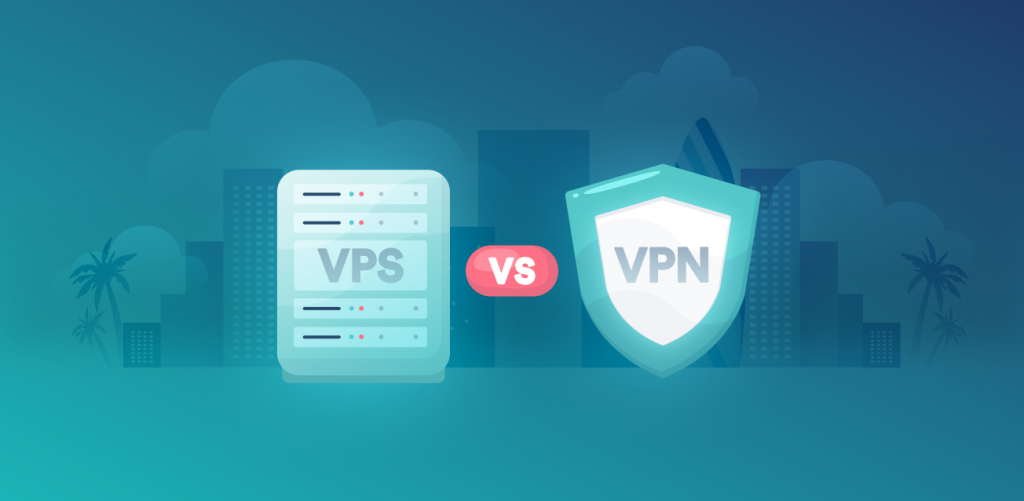VPS or VPN for Remote access
Whether to choose VPS or VPN for remote access.
VPS stands for Virtual Private Server, which is a type of web
hosting service that allows you to have your own virtual server with dedicated
resources and full control over the operating system and software. VPS can be a
good option for remote access if you need a dedicated server to run your
applications or websites.
VPN, on the other hand, stands for Virtual Private Network, which
is a technology that allows you to create a secure connection over the internet
between your device and a remote server. VPN can be used for remote access to
secure your internet connection and protect your data from eavesdropping,
censorship, and other online threats.
So, the choice between VPS and VPN for remote access depends on
your specific needs and use case. If you need a dedicated server with full
control over the operating system and software, you might want to go for VPS.
If you need a secure connection to access a remote network or website, you
might want to go for VPN.
Both VPS and VPN can enhance your online privacy and security, but
they serve different purposes.
A VPS can provide a high level of security for your data and
applications, as it allows you to have full control over the server's
configuration and access to dedicated resources. However, it does not encrypt
your internet connection or protect you from online threats such as hackers or
malware.
On the other hand, a VPN can provide strong encryption for your
internet connection, making it harder for anyone to intercept or monitor your
online activities. It can also protect you from online threats by masking your
IP address and location, and by providing an additional layer of security
against hackers and malware.
Therefore, if your main concern is online privacy and security, a
VPN is generally a better choice than VPS. However, if you need a dedicated
server to run your applications or websites, a VPS can also be a good option to
consider.
When it comes to website performance, a VPS is generally
considered to offer better performance than a VPN. This is because a VPS
provides dedicated resources, including RAM, CPU, and storage, which are not
shared with other users.
With a VPS, you have complete control over the server environment,
including the operating system, web server software, and other software
components, which allows you to optimize your website's performance according
to your specific needs.
In contrast, a VPN does not provide dedicated resources, and your
internet connection speed may be limited by the VPN server's location, server
load, and other factors. While a VPN can improve your online security and
privacy, it may not offer the same level of performance as a VPS.
That being said, website performance also depends on other factors
such as website design, coding, optimization, and caching. Therefore, choosing
the right web hosting service and optimizing your website for performance are
both important factors to consider for better website performance.
Some factors to consider while choosing the right solution between
VPS and VPN depends on your specific needs and
- Purpose:
Determine your main purpose for using either VPS or VPN. If you need a
dedicated server for hosting your website or running applications, then
VPS may be the better choice. If you want to protect your online privacy
and security, then VPN may be the better choice.
- Budget:
Consider your budget and compare the costs of VPS and VPN services. VPS
services can be more expensive than VPN services, especially if you need
high-performance resources and features.
- Technical
knowledge: Consider your technical knowledge and skills. VPS requires some
technical knowledge and skills to set up and configure the server
environment, while VPN can be easier to set up and use with user-friendly
apps and instructions.
- Location:
Consider the location of the server you need. VPS allows you to choose the
server location, while VPN services may have limited server locations and
may affect your internet connection speed.
- Security: Consider the level of security you need. VPS provides a high level of security for your data and applications, while VPN provides strong encryption and protection against online threats.
Ultimately, the right solution depends on your specific needs and requirements. You can also consider using both VPS and VPN together to enhance both website performance and online privacy and security.




Comments
Post a Comment